Personal loans are one of the most popular ways to get money for your business or home. They’re also a great way to pay down existing debt and improve your credit score. But there are some myths about personal loans that can keep you from getting approved for one or even prevent you from getting approved at all! So let’s debunk some common ones now:
Myth #1 – Personal Loans Are Only For People With High Credit Scores
No, they’re not. Credit scores can be a useful tool to determine your likelihood of being approved for a loan with minimal interest rates and fees, but it’s not the sole deciding factor when it comes to getting approved for one. Personal loans are available to everyone who wants one—including those who don’t have stellar credit scores or even any at all! The most important thing is that you understand how these loans work and what their different repayment options entail before applying so that you can make an informed decision about where exactly within this spectrum of possibilities will work best for you personally.
Myth #2 – A Personal Loan Will Not Help You Improve Your Credit Score
A personal loan can help build good credit, even if it is only used to pay off debt. The reason is that when you take out a personal loan and use it to pay off other debts, this can increase the amount of money that lenders see in your accounts. This means they will place less weight on those accounts when calculating how much interest they should charge for other loans or purchases. It also means that the bank or lender might offer better terms for future loans (like lower APR) because they see no risk from loaning money to someone who has shown that he or she can manage their finances responsibly.
Myth #3 – I Can’t Get A Personal Loan Because Of My Debt-to-income Ratio
Debt-to-income ratio is one factor that lenders consider when you apply for a personal loan. But it’s not the only factor, and having a high debt-to-income ratio doesn’t necessarily mean you won’t be approved for a personal loan.
Lenders also look at your credit score, employment history, and other factors when they decide whether to approve your loan application. So if you have a high debt-to-income ratio but strong credit and a steady income, you may still be able to get a personal loan.
Myth #4 – It’s A Waste Of Money To Pay Off My Personal Loan Early
This is one of the most common myths out there, but it simply isn’t true. In fact, paying off your loan early can save you hundreds or even thousands of dollars in interest over time! Basically, if you were to pay off your personal loan at the end of each month and not use any extra cash flow until then—like every other month—you would build up savings without having to make any sacrifices at all. And as we’ve seen above, saving more money on your taxes is always a good thing!
Myth #5 – It Will Take Me Forever To Get Approved For A Personal Loan
A personal loan is not only a quick and easy way to get the money you need but it can also be approved within minutes. You can apply for a personal loan online or over the phone, without having to wait in line at an actual bank branch. And if you’re looking for an alternative to getting approved for an auto loan or credit card debt consolidation, this option may be perfect for you!
Personal loans are available from banks and other lending institutions that specialize in this industry such as payday lenders (loan sharks) or pawn shops. The interest rates vary depending on your credit score and how much cash is needed at once.
Myth #6 – My Interest Rate Won’t Change After I Am Approved
While you might think that your interest rate won’t change once you are approved, this is not true. Your interest rate could go up or down at any time and depend on the market, so be sure to check in regularly with your lender.
If your credit score has been good over time (and it should be), then there is a chance that your lender will increase their rates after they approve you for a loan. If this happens, don’t panic! It’s still possible to find another lender who will offer better terms than what was initially offered by their competitors—but it might take some work on your part.
Myth #7 – I Don’t Need To Track My Spending On The Things I Buy With The Personal Loan
This is one of the biggest myths we’ve come across, and it’s a shame because it’s so simple! If you’re using a personal loan for something that requires a debit card, then it makes sense that tracking where your money goes will help keep you on track with what’s actually going out of pocket. But if all you’re using this tool for is big-ticket items like furniture or cars (which can be tallied up over several months), there’s no need for any kind of record-keeping whatsoever.
Myth #8 – The Longer It Takes To Pay Off The Personal Loan, The Less Money I’ll Owe In Interest
It’s true that the longer you take to pay off your loan, the more interest you’ll pay. But it’s also true that as a result of this, your total cost will be less than if you were to take out a shorter-term loan—and therefore much less expensive for all parties involved.
The reason for this is simple: The longer your repayment period, the more money there is in monthly payments and interest payments combined. So even though paying off a long-term loan means spending more money upfront (which can be painful), it ends up costing less overall because, over time, that initial expense will pale in comparison with how much it costs to keep paying back those monthly installments over time anyway.
Conclusion
We hope that this blog post has cleared up some of the misconceptions people have about personal loans. If you’re currently thinking about taking out a business loan and aren’t sure where to start, we recommend checking out our blog post on Which Business Loan Is Better? It’s written by an expert in the industry who has been working with clients like you since 2009!

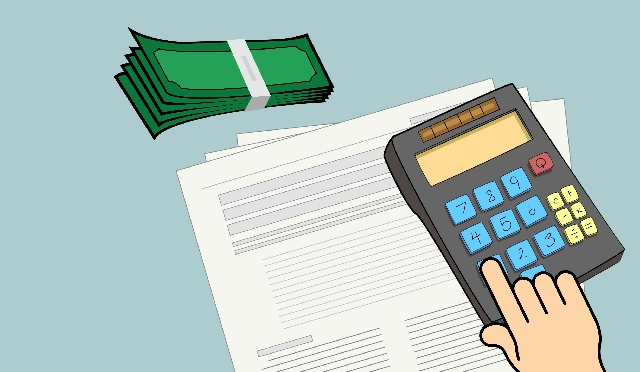

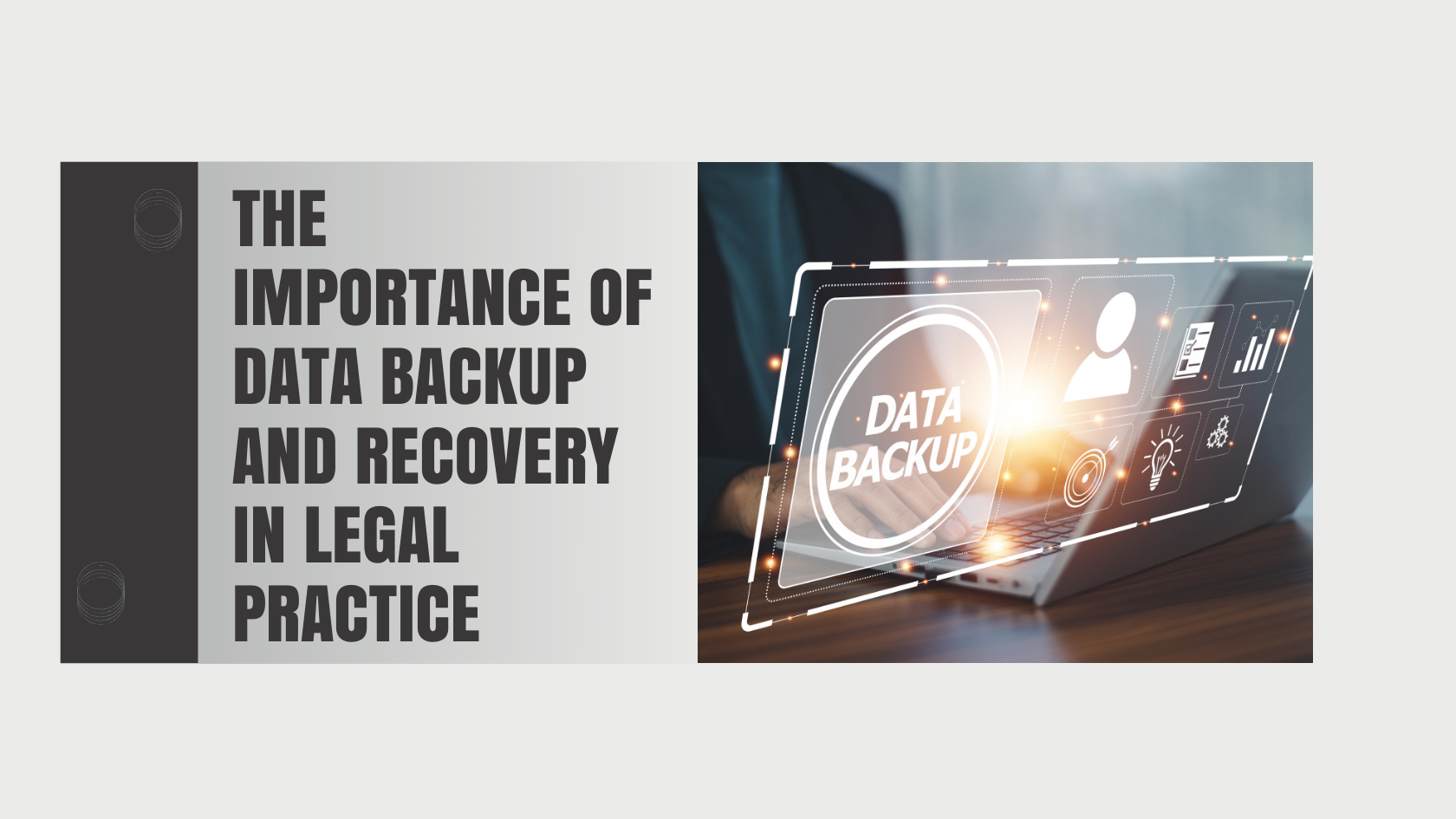


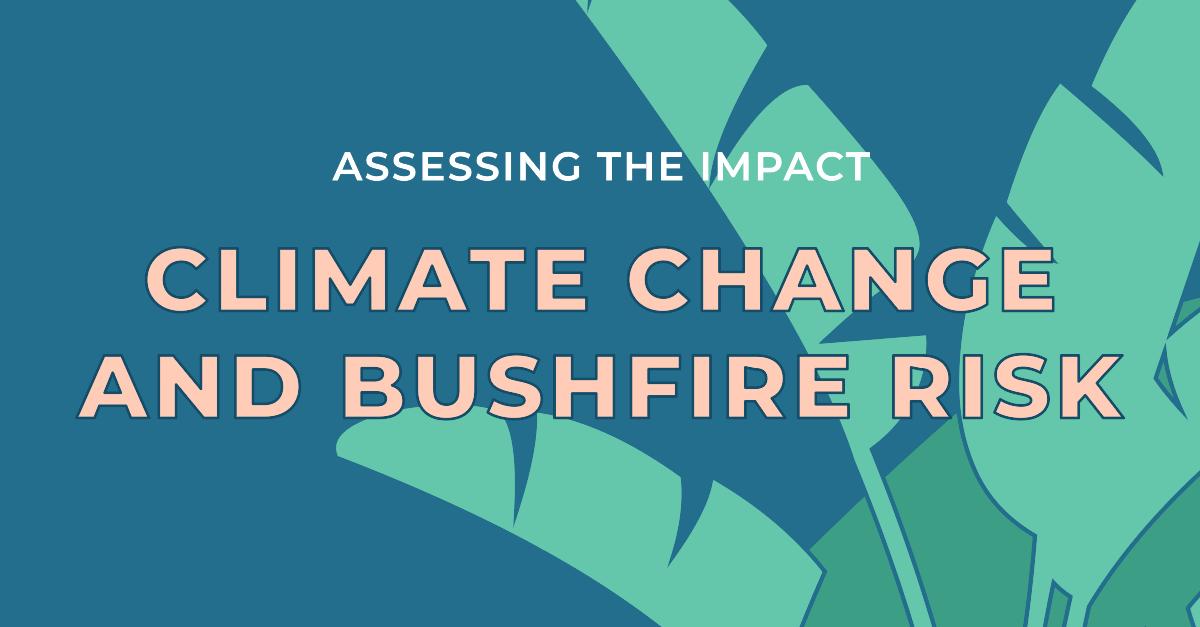









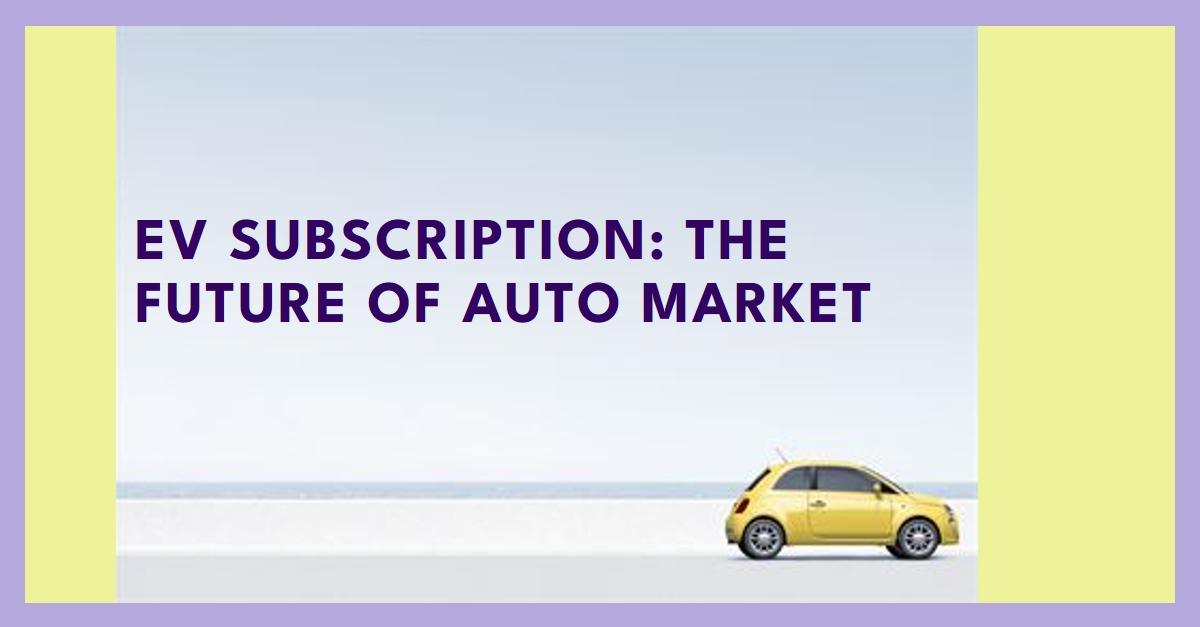















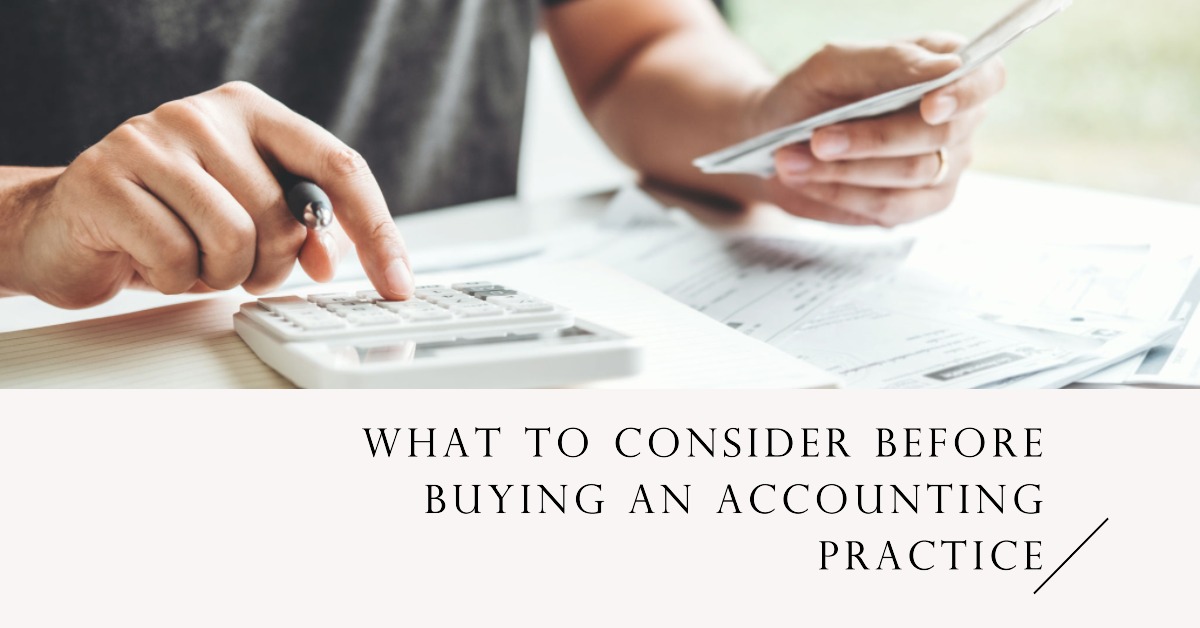













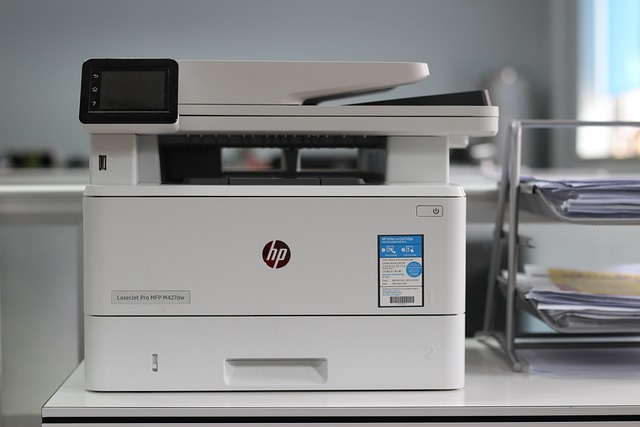





























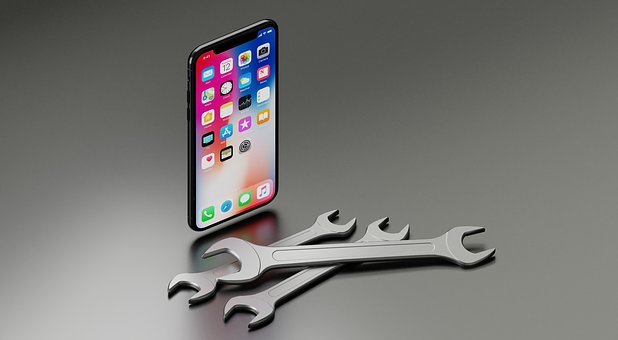
0